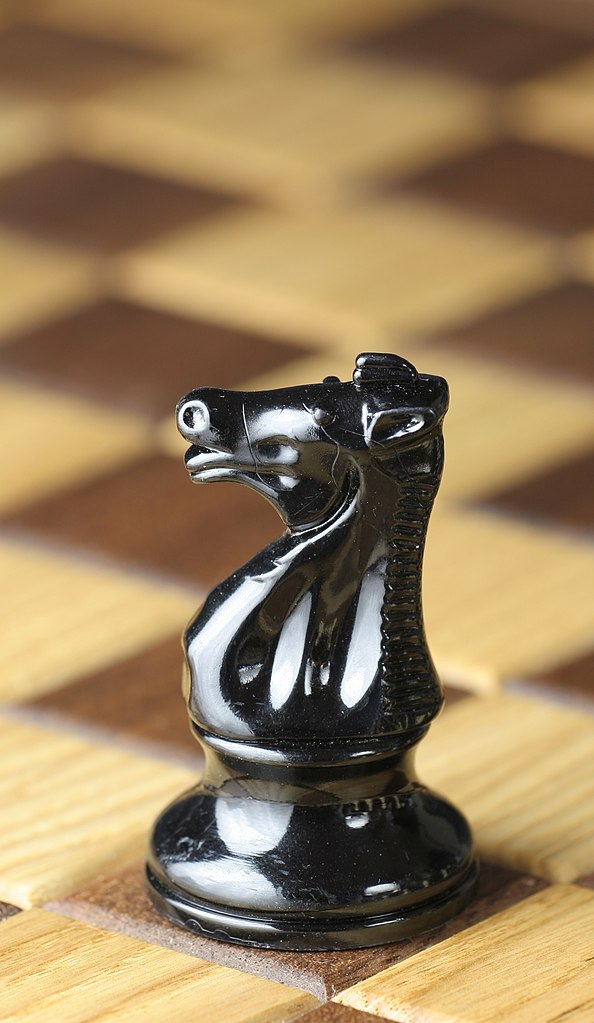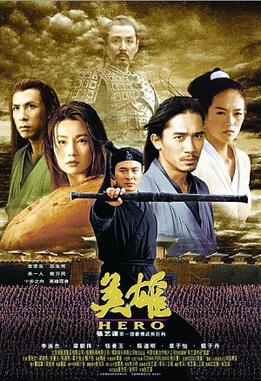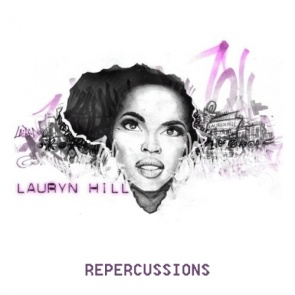Last year, I discussed the important issue for tabletop RPG Design of Balancing Classes. This week, I wanted to discuss a particular approach to game balance: Gamist Restrictions On Classes.
First made famous in Original Dungeons & Dragons (1974) and OD&D's linear and spiritual descendants, RPGs that use character classes typically have various limitations baked in at the RPG Design-level in order to differentiate the abilities of different game characters and to provide niche protection (e.g., only Clerics can turn undead, Magic-Users cannot cast spells in armor, etc.).
These limitations also reflect OD&D's war-game lineage (e.g., unit types often have sharp and unexplained differences). For example, no one asks why the Knight in Chess is the only piece in Chess that's able to jump over other pieces.
However, these limitations can go too far IMHO, particularly when they provoke bizarre mental contortions trying to justify themselves.
For example, there is the eternal D&D question, "Why can't wizards use swords?"
As with Spell Points, Gary Gygax, the co-creator of Dungeons & Dragons, was also famously not a fan of wizards using swords. For example, in The Dragon #16, he pontificated:
However, not only does Messr Gygax's argument feature classic logical fallacies but it is patently ridiculous. By itself, wizards using swords will not create a "super-character" that will "kill the game".
This particular topic is something of a personal bugbear for me, as it also exacerbates Linear Fighters, Quadratic Wizards in D&D.
Thus, by "Gamist Restrictions," I'm referring to those RPG Design limitations on character classes that fly in the face of verisimilitude for Gamist reasons (typically game balance).
First made famous in Original Dungeons & Dragons (1974) and OD&D's linear and spiritual descendants, RPGs that use character classes typically have various limitations baked in at the RPG Design-level in order to differentiate the abilities of different game characters and to provide niche protection (e.g., only Clerics can turn undead, Magic-Users cannot cast spells in armor, etc.).
These limitations also reflect OD&D's war-game lineage (e.g., unit types often have sharp and unexplained differences). For example, no one asks why the Knight in Chess is the only piece in Chess that's able to jump over other pieces.
However, these limitations can go too far IMHO, particularly when they provoke bizarre mental contortions trying to justify themselves.
For example, there is the eternal D&D question, "Why can't wizards use swords?"
As with Spell Points, Gary Gygax, the co-creator of Dungeons & Dragons, was also famously not a fan of wizards using swords. For example, in The Dragon #16, he pontificated:
"Why can’t magic-users employ swords? And for that matter, why not allow fighters to use wands and similar magical devices? On the surface this seems a small concession, but in actuality it would spoil the game! Each character role has been designed with care in order to provide varied and unique approaches to solving the problems which con- front the players. If characters are not kept distinct, they will soon merge into one super-character. Not only would this destroy the variety of the game, but it would also kill the game, for the super-character would soon have nothing left to challenge him or her, and the players would grow bored and move on to something which was fun."
However, not only does Messr Gygax's argument feature classic logical fallacies but it is patently ridiculous. By itself, wizards using swords will not create a "super-character" that will "kill the game".
This particular topic is something of a personal bugbear for me, as it also exacerbates Linear Fighters, Quadratic Wizards in D&D.
Thus, by "Gamist Restrictions," I'm referring to those RPG Design limitations on character classes that fly in the face of verisimilitude for Gamist reasons (typically game balance).
For Sorcery & Steel, my rules set, I've endeavored to avoid any Gamist Restrictions. Consequently, wizards can use swords (and any other type of weapon), as well as armor!









